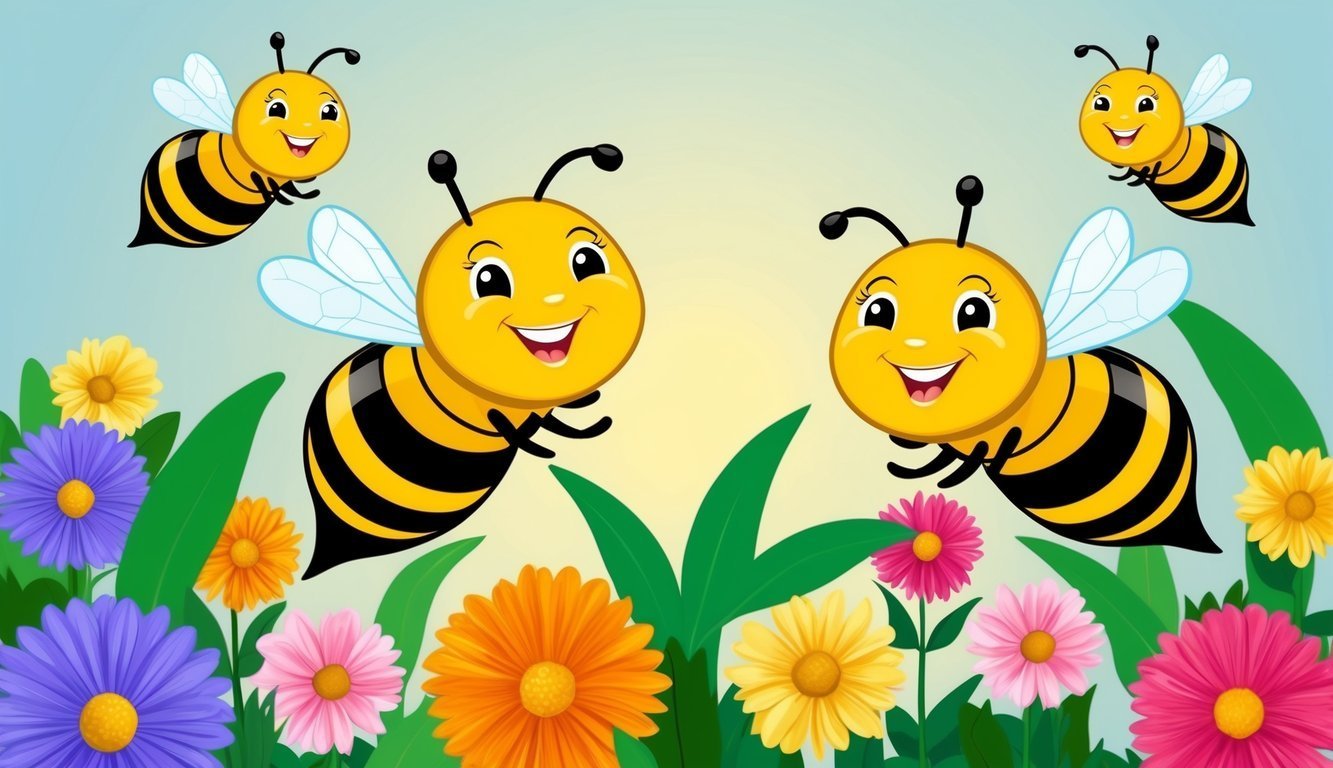At The Optimist Daily, we often celebrate the essential role honeybees have in our planet’s ecosystem.
These incredible pollinators are indispensable for our food supply, as they help fertilize a wide range of crops and support numerous species that depend on plants for food and oxygen.
Sadly, honeybee populations have experienced a significant decline in recent decades, largely due to a lack of proper nutrition.
Thankfully, researchers at Indiana University (IU) are working diligently to understand what these essential insects need to thrive.
The Importance of Nutrition for Honeybee Larvae
Irene Newton, who led the study, emphasizes that nutritional deficiency is the biggest threat to developing honeybee larvae.
If these young bees fail to receive adequate nourishment, they mature into adults that find it difficult to perform their vital roles in the colony.
Therefore, it’s crucial to comprehend the nutritional conditions that affect larvae for their survival.
For a honeybee colony to flourish, its inhabitants require a varied diet that includes nectar and pollen from numerous plant sources throughout the year.
Worker bees deliver a mixture of nectar, pollen, and royal jelly—a highly nutritious secretion that is fundamental for feeding larvae and supporting the hive’s social structure.
Royal jelly is notable for its impressive antimicrobial properties, safeguarding the colony from potential threats.
What’s fascinating is that most microbes do not survive in royal jelly because of its distinctive makeup.
However, a particular bacterium, Bombella apis (B. apis), thrives in this environment and actually boosts the nutritional profile of royal jelly.
Recent research from IU has uncovered that this microbe significantly enhances the resilience of developing bees when they face nutritional challenges.
Research Findings on Bombella apis
In experiments, researchers found that larvae deprived of proper nutrition experienced stunted growth, resulting in smaller adult bees.
However, when these undernourished larvae received B. apis in their diet, their growth was comparable to that of their well-nourished counterparts.
This suggests that B. apis could effectively offset the impacts of inadequate nutrition.
Introducing this bacterium as a probiotic could provide a promising solution to help bees endure nutritional deficiencies.
The findings from IU highlight how crucial B. apis is for enhancing the nutritional value of royal jelly.
This information could be immensely beneficial for beekeepers aiming to foster vibrant and healthy honeybee populations.
Moreover, these insights could also support conservation initiatives focused on protecting wild bee species.
Implications for Beekeeping and Conservation
Incorporating B. apis in beekeeping methods has the potential to improve bee health, which in turn could enhance food security and strengthen our natural ecosystems.
By harnessing the power of beneficial microbes, we can pave the way for a brighter future for honeybees and, ultimately, for the entire planet.
Source: Optimistdaily


